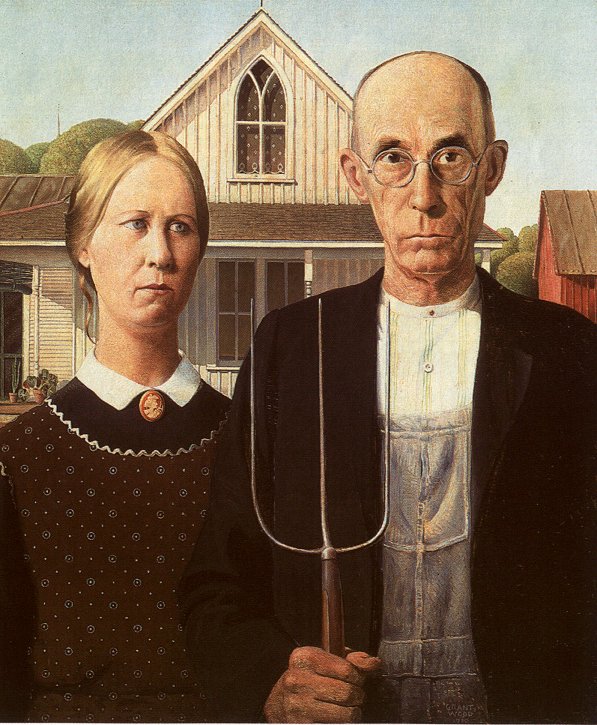 cation institution. In this chapter, they also talk about undercover marketing, where advertising happens without you knowing it by overhearing people promote a product. This cartoon is a classic example of undercover marketing happening from a bully at school who drinks Gatorade. All the students watching might start drinking it because they notice he is drinking it. "The practice is premised entirely on deception...under cover marketing demonstrates how deep the commercialization of society now runs." Every aspect of the public is being filled with corporation advertising. It started with political party sponsorship, to schools, and now to public people. Chris and Luke got their schooling paid for by being human advertisements for First USA. Of course the corporation was eager to jump on this, it attracts so much attention where the two boys will end up answering questions about the company and promoting it. They also are in contact with thousands of people a day, just walking through their campus.
cation institution. In this chapter, they also talk about undercover marketing, where advertising happens without you knowing it by overhearing people promote a product. This cartoon is a classic example of undercover marketing happening from a bully at school who drinks Gatorade. All the students watching might start drinking it because they notice he is drinking it. "The practice is premised entirely on deception...under cover marketing demonstrates how deep the commercialization of society now runs." Every aspect of the public is being filled with corporation advertising. It started with political party sponsorship, to schools, and now to public people. Chris and Luke got their schooling paid for by being human advertisements for First USA. Of course the corporation was eager to jump on this, it attracts so much attention where the two boys will end up answering questions about the company and promoting it. They also are in contact with thousands of people a day, just walking through their campus.The video from you tube (http://www.youtube.com/watch?v=SVVtRZJ5Ouw) I found directly relates to "Democracy Ltd" where corporations are trying to gain power over politics. It discusses how the bigger corporations have enormous power without real limitations. It stresses the fact that both political parties are selling government positions to the "highest bidder." As we all know, the corporations only goal is profit, profit, profit. If corporations infiltrated the government, what would their goal be? Of course, they would not want to promote the public good, which is the prime goal of the government. "Enron's is the story of a corporation that used political influence to remove government restrictions on its operations and then exploited its resulting freedom to engage in dubious, though highly profitable, practices." Enron is just one example of corporations trying to find a way around rules that protect the general public. My favorite line in "Democracy Ltd" is "corporate social responsibility is an oxymoron." They cannot be held accountable for the duties that the government perform, therefore should not have the power that the government has obtained. This book has a main theme of corporations, by law, to promote their own interests and gain as much profit as they can. Is that what we want when it comes to running our country? Leading into the next chapter, "Brown was mainly concerned about clients who might get trapped in the gold market, which he knew would close once the World Trade Center collapsed." This is a prime example of what would happen if corporations gain the control that they want. In the face of a national crisis, their own concern is the profit and protection of themselves, not helping the public and national security. But remember, corporations have no moral or legal obligation to the public, so who would be left to protect the lives of the people involved?












